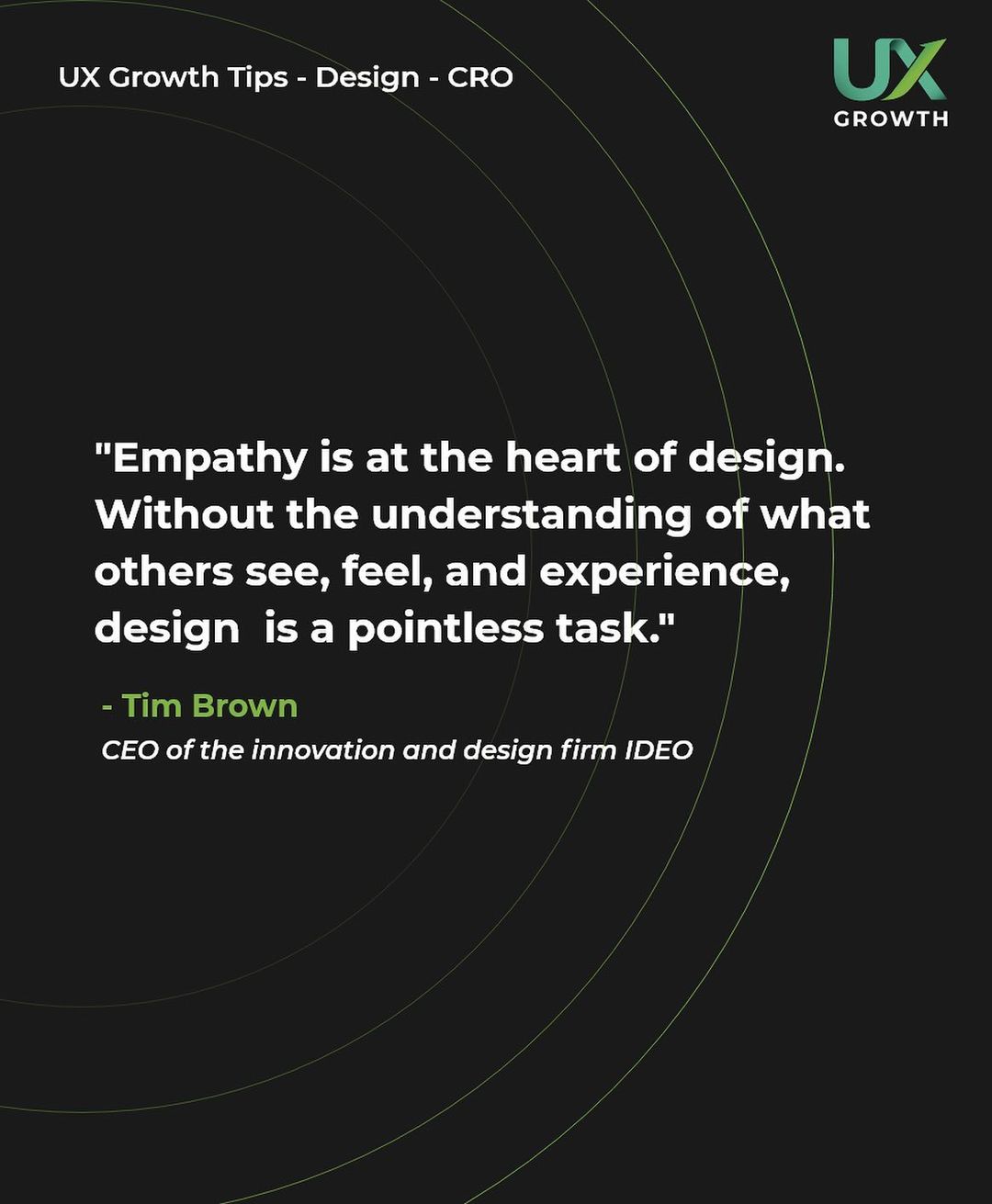Empathy in Design: Understanding People's Needs and Emotions
Empathy is the ability to understand and share the thoughts and feelings of others. It plays a crucial role in design thinking, helping designers meet the needs of users effectively. Different types of empathy – affective and cognitive – shape our understanding of others. Supported by science, empathy influences morality, relationships, and societal change. Cultivating empathy through practices can foster compassion and solidarity in society.
Understanding Empathy
Empathy is a fundamental aspect of human connection, allowing individuals to relate to and understand the experiences of others. It involves a deep emotional awareness and an ability to share in the thoughts and feelings of those around us.
Definition and Importance of Empathy
Empathy is defined as the capacity to recognize and share the emotions of others. It plays a crucial role in fostering compassion, understanding, and mutual respect in interpersonal relationships. By empathizing with others, we can develop a deeper sense of connection and create a more supportive and inclusive society.
The Role of Empathy in Design Thinking
- Empathy is essential in design thinking as it enables designers to gain insights into the needs and desires of the people they are designing for.
- By understanding the emotions and experiences of users, designers can create products and services that truly resonate with their target audience.
- Empathy allows designers to go beyond surface-level observations and uncover the underlying motivations and challenges that users may face.
Types of Empathy
Affective Empathy
Affective empathy involves understanding and sharing the emotions of others. It allows us to connect with people on an emotional level, experiencing their feelings as if they were our own. This type of empathy plays a significant role in forming deep emotional bonds and fostering compassion towards others.
Cognitive Empathy
Cognitive empathy, also known as 'toma de perspectiva', focuses on our ability to identify and comprehend the emotions of others. It involves stepping into someone else's shoes to understand their thoughts and feelings from their perspective. Cognitive empathy helps us consider different viewpoints and navigate complex social interactions with empathy and understanding.
The Science of Empathy
The science of empathy delves into the intricate workings of our brains and genes that contribute to this fundamental human trait. Understanding the neural basis and genetic influences on empathy sheds light on how we connect with others on an emotional level.
Neural Basis of Empathy
Research has uncovered that empathy is intricately linked to specific pathways in the brain, such as the mirror neuron system. This system allows us to mirror the emotions and actions of others, facilitating our ability to understand and resonate with their experiences.
Genetic Influences on Empathy
Studies have indicated a genetic component to empathy, suggesting that variations in certain genes may influence an individual's capacity for empathy. These genetic influences play a role in shaping our predisposition towards emotional attunement and understanding others' feelings.
Empathy in Action
Empathy in Morality and Relationships
Empathy plays a crucial role in shaping our moral compass and fostering meaningful relationships. Understanding and sharing the emotions of others can lead to greater compassion, kindness, and cooperation in our interactions.
Empathy in Social Change and Heroism
Empathy not only influences individual actions but also drives social change and inspires acts of heroism. By empathizing with the struggles of others, individuals can take impactful actions to address societal injustices and make a positive difference in the world.
Cultivating Empathy
Developing empathy is a continuous practice that can lead to enhanced understanding and connection with others.
Practices to Enhance Empathy
- Active Listening: Focus on truly understanding the speaker's perspective.
- Put Yourself in Their Shoes: Imagine how you would feel in the other person's situation.
- Practice Mindfulness: Be present in the moment to better connect with others' emotions.
Benefits of Cultivating Empathy
Cultivating empathy can have profound effects on personal relationships, professional interactions, and societal dynamics.
- Improved Communication: Understanding others' emotions allows for clearer and more effective communication.
- Enhanced Problem-Solving: Empathy helps in identifying and addressing the underlying needs of others.
- Building Trust: Empathetic interactions foster trust and strengthen relationships over time.
Empathy in Society
Empathy as a Tool for Compassion and Solidarity
Empathy plays a crucial role in fostering compassion and solidarity within society. By cultivating empathy, individuals can better understand the perspectives and emotions of others, leading to increased empathy in moral decision-making and the establishment of stronger, more empathetic relationships.
Empathy as a Moral Compass
- Empathy guides individuals in making ethical decisions and treating others with kindness and respect.
- Through empathy, people can recognize the feelings of those around them and act in ways that promote mutual understanding and empathy.
Empathy in Social Movements
- Empathy fuels social change by promoting understanding and solidarity among diverse groups.
- In movements for equality and justice, empathy serves as a driving force for creating a more inclusive and empathetic society.



